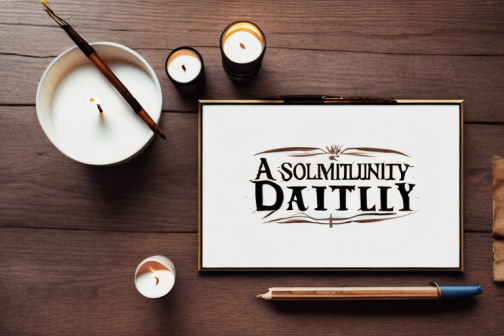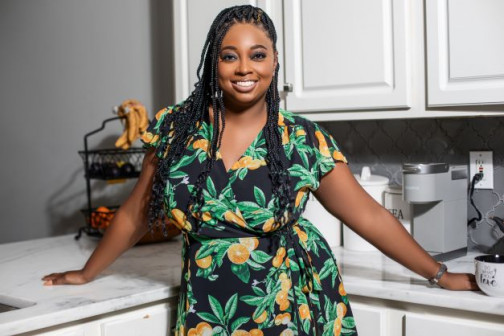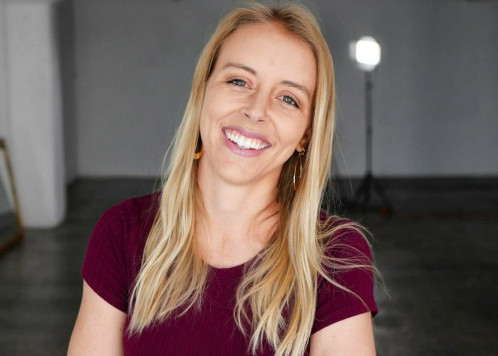A Long-time Advocate for Dying Beautifully, and a Powerful Voice for Dying Equally.
Oceana Sawyer found her vocation through an incredibly personal experience around her own father’s death, and his wish to embrace celebration as a part of that journey. We love her for the revolutionary--and very cool--services she offers, from help with organizing a living funeral, to creating a “Best 3 Months” map for your own transition. We respect her for being a leader and a force for positive change in the industry. Read on for her story and her take on death care in America, and what it means to be an end of life doula.
Many don't know about end of life doulas. How did you become one?
When my father decided to not pursue dialysis for kidney failure, I flew across the country to be with him for the end of his life. He was committed to having it be a party until he died, and at the time I was just starting to do spiritual work. So we formed a partnership to go on the death adventure together. It was the most profound experience of my life up to that point and I was hooked from then on. It took me more than 10 years before I went through any formal training, but I became the person that people wanted to have around at the end of their lives.
Now being a doula is a recognized niche in the end of life sphere. Palliative care physicians and the hospice industry are starting to understand the need for a role that focuses on what the dying person wants, as more and more people embrace their death as a natural part of life.
What do you find most inspiring about the work you do?
One thing is how much more life is available to everyone involved once the person with the terminal diagnosis accepts that the end of their life is approaching. Another is the surprising ways that family and friends show up as their person enters the active dying phase. Unexpected sheroes and heroes emerge at just the right moments. It's such a gift. The liminal space that opens up right before death and immediately afterwards also never fails to inspire me with the majesty and mystery of life in the body and then as a spirit.
Planning After a Difficult Diagnosis
More than anything I'm inspired by the emotional depth and wisdom of women, particularly Black, Brown, and Indigenous women. I've seen women begin to move and act in ways that feel ancient, as if channeling ancestors. Afterwards, they report to me that they did things they didn't know how to do. It's quite remarkable.
What most surprised you about working in death care?
You'd think I'd be used to it, but I'm still surprised every time how hard it is for Black, Brown, and Indigenous people to get the kind of care they need at the end of their lives. Just basic care like pain relief. After receiving substandard medical care most of their lives, to be impacted by racism even at the end of life as well as in the after-death phase is truly heartbreaking. It seems to me it should be exactly the opposite.
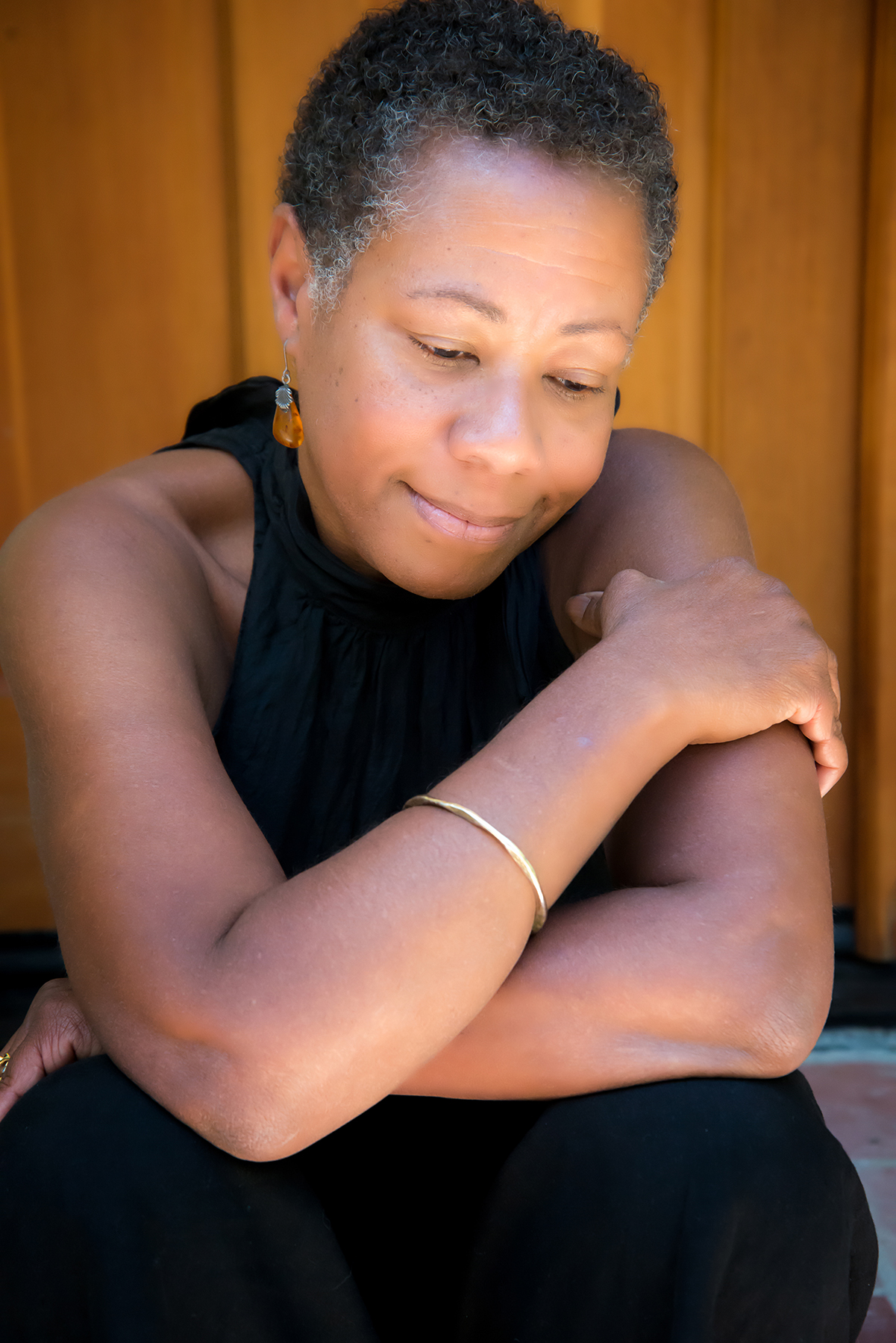
What changes or trends do you see within the industry or in what your families are asking for?
I think it's time for people in the death care and funeral industries to pay more attention to what families from the social margins want and need to have the most appropriate and beautiful end of life celebrations possible. It will likely mean that you have to take a little more time to listen and/or research. Still, the benefits to you and the family will be enormous. I can practically guarantee it.
Also overall, I'm seeing a real departure from twentieth century practices for disposition of bodies. More and more people are leaning toward ethnically traditional forms of disposition. I'm also seeing more people engaged in the environmental impact of after-death care, and as a result, choosing natural burials as well as home celebrations.
Eco-friendly Funerals: It's (Relatively) Easy Dying Green
Would you share your “Farewelling 5” -- those elements that are most important to you at your own funeral?
1. Natural burial or my ashes to be used to plant a tree near where I am living.
2. I want to die at home and for my body to remain there for at least 24-48 hours.
3. There should be a party happening in the hours before I die and the hours immediately following my death.
4. I'd like to make my burial shroud if there is time.
5. African dancing or women of African decent dancing is a must.
If you’d like to learn more about Oceana’s groundbreaking work as an end of life doula, you can visit her website or follow her on Instagram and Facebook.
Recommended Memorial Products
- Bearing the Unbearable — A compassionate companion for the heartbreaking path of grief and loss.
- BANBERRY DESIGNS Butterfly Suncatcher — Pressed flower butterfly suncatcher that catches light as a beautiful remembrance.
- Unboxme Lavender Spa Gift Set — Thoughtful sympathy care package with lavender-scented comfort items to soothe the bereaved.

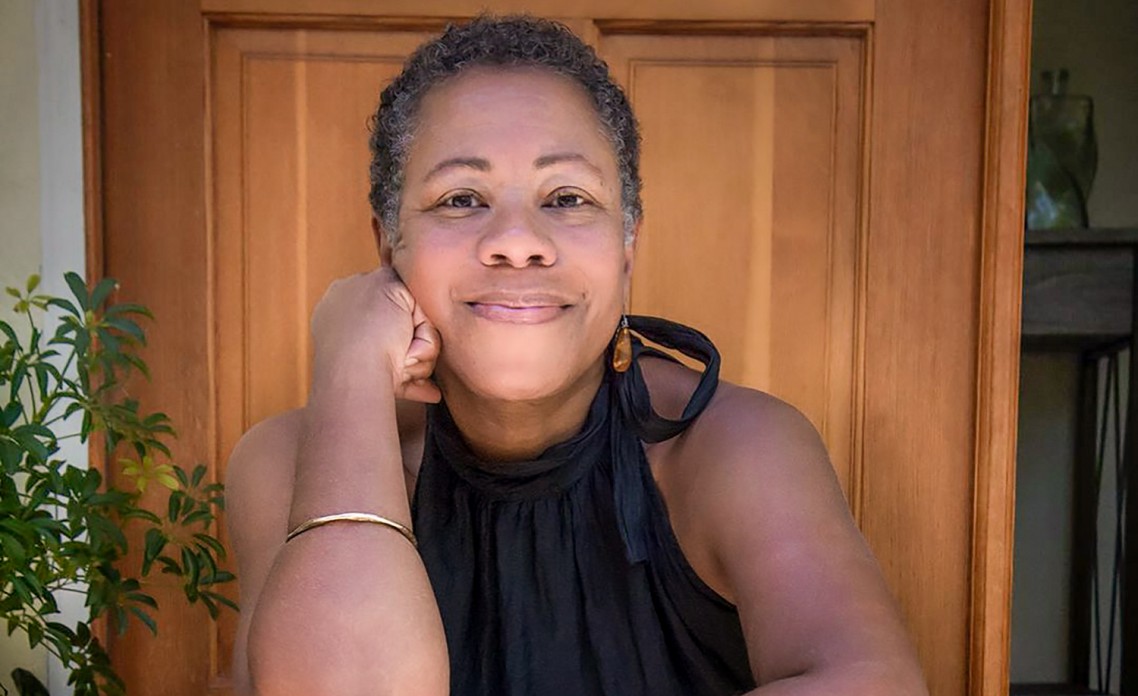
-banner.png)



